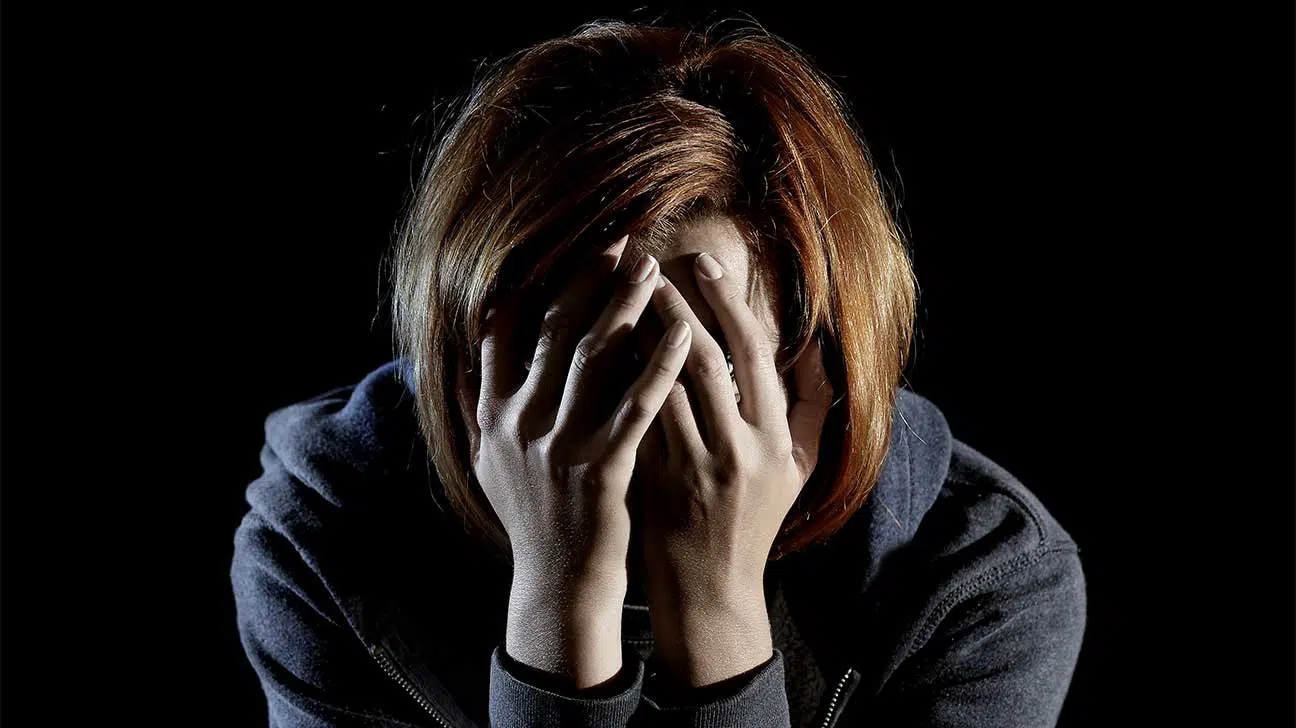
More than one million Americans are estimated to be addicted to heroin. And while seeking out a drug rehab program can be intimidating, it’s not a good idea to try and stop alone.
Quitting heroin cold-turkey, or very suddenly, without the support of medical professionals carries serious health risks. In severe cases, this can be life-threatening.
Overcoming heroin addiction is possible. Ideally, this should begin in an inpatient treatment setting, such as a detox center, for optimal safety and medical support.
Here are five reasons why trying to detox from heroin cold-turkey without medical supervision is not recommended:
1. Severe Heroin Withdrawal Symptoms
Heroin withdrawal is a condition that can develop when someone who’s become dependent on heroin stops using it. This can cause physical and psychological symptoms.
Some physical symptoms of heroin withdrawal, such as runny nose, cramping, and muscle aches, aren’t necessarily dangerous.
Outside of a supervised healthcare setting, however, some symptoms of heroin withdrawal can become severe without medical attention and treatment.
Severe risks of heroin withdrawal can include:
- severe dehydration (from vomiting, sweating, and diarrhea)
- electrolyte imbalances
- thoughts of hurting oneself
- increased risk of suicide
Furthermore, if you’re addicted to multiple drugs, such as cocaine or methamphetamine, this could also make the process of detoxing and its side effects more dangerous.
Heroin withdrawal is not something that can be easily managed alone. And if symptoms become severe, they could lead to very serious and potentially fatal medical issues.
2. Increased Risk Of Relapse
Getting off heroin is very difficult in part because of heroin withdrawal symptoms. This can become uncomfortable enough that a person might return to their drug use.
Trying to detox from heroin use at home also carries a higher risk for relapse because there’s easier access to heroin than if you’re detoxing in a treatment center.
A lack of medical support, uncomfortable withdrawal, and other triggers that can occur while trying to detox cold-turkey can result in relapse and perpetuate a cycle of drug addiction.
3. Strong Heroin Cravings
One of the most difficult challenges a person can face in early abstinence and early addiction recovery is strong cravings or urges to use heroin.
Within a detox program, cravings for heroin may be treated with the use of medications like methadone, buprenorphine (Suboxone), or naltrexone.
But if you’re detoxing cold-turkey, cravings for heroin may become very powerful and all-consuming, making it difficult to think about or do anything else.
4. Risk Of Overdose After Heroin Detox
A significant danger of cold-turkey detox is the body’s reduced tolerance for heroin after you complete heroin detoxification.
Reduced tolerance for heroin means that your body won’t react the same way if you go back to the amount of heroin used before. Instead, this could cause an overdose.
Signs of heroin overdose include:
- very slow, shallow, or stopped breathing
- bluish skin, lips, and fingernails
- confusion
- inability to speak
- low blood pressure
- weak pulse
- loss of consciousness
A heroin overdose can be life-threatening. And it’s a high risk for anyone who detoxes from heroin alone or without following up with a substance abuse treatment provider after detox.
5. Lack Of Medical Support
Trying to quit heroin outside of a healthcare setting can be dangerous. With medical support, the primary dangers of heroin detox can be prevented.
Professional support for heroin detox is offered by inpatient detox centers and some outpatient treatment providers. Medical detox, or inpatient detox, is the safest treatment option.
Medical detox programs for getting off heroin can offer:
- 24-hour medical supervision
- a quiet place to detox
- medicine for withdrawal symptoms
- referral for treatment at a nearby rehab center
Detoxing from heroin is just the first step toward overcoming addiction. A detox program can offer suggestions for how to access a recovery program after detox.
Call To Find Addiction Treatment For Heroin Today
Getting help for heroin addiction can begin with a single phone call.
By calling our helpline, we can connect you with someone to answer questions about the detox process and help you find the best treatment program for yourself or a loved one.
Don’t wait. Call us today to learn more about heroin detox and how to find the best treatment facility for heroin addiction for yourself or someone you care about.
Addiction Resource aims to provide only the most current, accurate information in regards to addiction and addiction treatment, which means we only reference the most credible sources available.
These include peer-reviewed journals, government entities and academic institutions, and leaders in addiction healthcare and advocacy. Learn more about how we safeguard our content by viewing our editorial policy.
- Substance Abuse and Mental Health Services Administration (SAMHSA) — MAT Medications, Counseling, and Related Conditions
https://www.samhsa.gov/medication-assisted-treatment/medications-counseling-related-conditions - U.S. National Institute on Drug Abuse (NIDA) — Heroin DrugFacts
https://www.drugabuse.gov/publications/drugfacts/heroin - U.S. National Library of Medicine: MedlinePlus — Opiate and opioid withdrawal
https://medlineplus.gov/ency/article/000949.htm - U.S. National Library of Medicine: MedlinePlus — Heroin overdose
https://medlineplus.gov/ency/article/002861.htm


